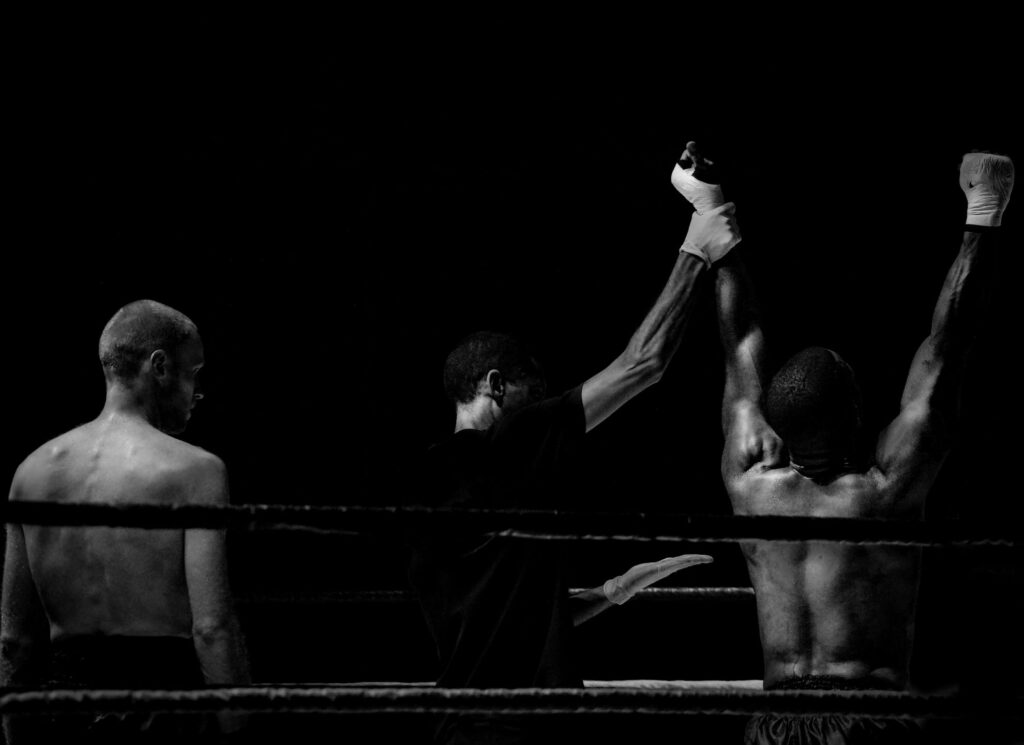After all of the trials and travails of 2020, many are ready to give up. What separates the people who thrive on adversity, who rise to the top of the heap when so many are exhausted and want to quit? I deal with lawyers who are suffering from anxiety, stress, depression and burnout and just want the emotional pain to stop. They want to know what they can do to change their experience.
Many people believe that those who suffer from burnout are somehow weak-minded or lost. I know that I was excoriated when I quit my law practice due to nervous exhaustion in 2004. Later I heard that many people did not realize I was suffering, I hid my pain so well. I think that is a common condition, we deny that we are suffering until we simply can’t take it anymore.
Since that time, I have done a lot of research, therapy and education to help others find (for lack of a better word) their grit. Some people use the word resilience, I like the word “grit”, it seems more real. Theodore Roosevelt said in 1907:
It is not the critic who counts; not the man who points out how the strong man stumbles, or where the doer of deeds could have done better. The credit belongs to the man who is actually in the arena, whose face is marred by dust and sweat and blood; who strived valiantly; who errs, who comes again and again, because there is no effort without error and shortcoming; but who does actually strive to do the deeds; who knows great enthusiasms, the great devotions; who spends himself in a worthy cause; who at the best knows in the end the triumph of high achievement, and who at the worst, if he fails, at least fails while daring greatly.
In the grand scheme of things, grit and resilience are talking about the same thing, getting back up after we fall. It is not that complicated — success is determined by rising one more time than we fall. We have to realize that there is a huge difference between excellence and perfection.
Grit seeks excellence while perfection is a mirage. Anxiety, stress, depression and burnout are only a few of the conditions ascribed to perfectionism. Ironically, it is the pursuit of perfection that ensures burnout.
Grit is the nature of the process that enables us to achieve results, no matter how long it takes. It is an attitude, not the result. I remember Mohammed Ali boxing Ken Norton in 1973 and losing a 15 round split decision after Norton broke Ali’s jaw in the first round. Even though he lost, everyone would agree that boxing 15 rounds with a broken jaw is the definition of grit.
Ultimately, grit is the control of what we can control and letting go of the rest. What can you control? Here is a list:
- How we respond to fear.
- Do you blame yourself.
- How much effort do you give.
- Your beliefs
- Your priorities
- How much kindness you have.
- Who you spend time with
- How happy you are
- How and what you eat.
- What you talk about
- What you think about
- How flexible you are
- How judgmental you are
- How serious you are
- What do you focus on.
- How grateful you are
- The memories you focus on
When we control these things, life is simple and enjoyable. I have written about most of these topics in www.Lawyerlifeline.net. The main focus of grit and perseverance is progress, the notion of moving forward. No matter what we are trying to achieve, some days we can only manage a small step, but that is all that is required. We delude ourselves by thinking that we should be perfect when we are human. We can’t be perfect (the mirage), but we can be perfectly human.
Doing the best we can is enough. Everything will be great in the end. If it isn’t great, then it isn’t the end. We are building a life, brick by brick. When we run out of bricks, we have to wait patiently until the next load appears and have faith the bricks will come. When I quit, I did not have the resources to deal with the stressors that kept me depressed. No one teaching attorneys how to have a happy, successful life no matter what happened. That is what I do now.
What we do for a living is secondary to how we live. I have learned that the issues I suffered from practicing law followed me after I quit. After I learned how to manage the issues, life became simple again. I even returned to the legal profession, passing the bar 12 years after I quit. Grit truly is a magical gift, which we can only give ourselves.
